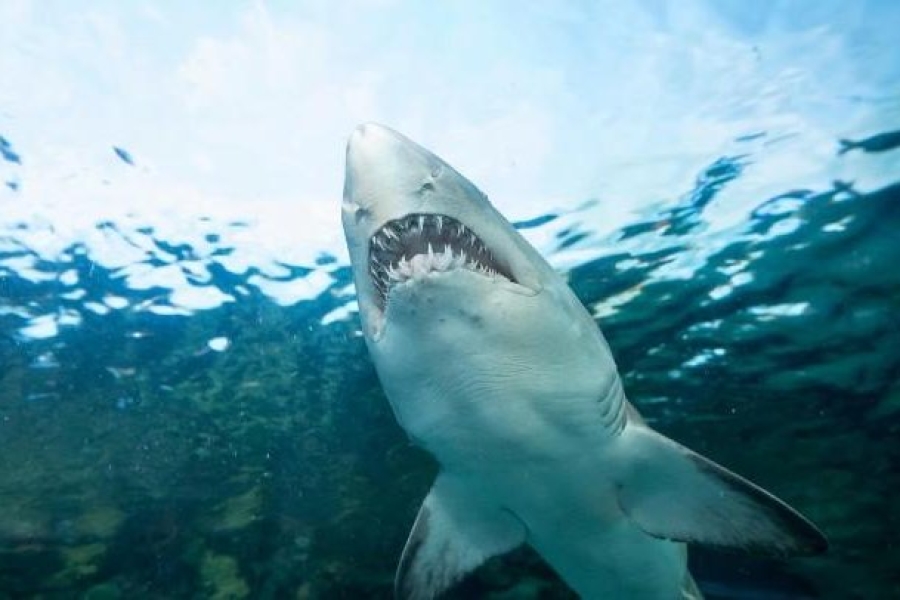
It's been a little safer in the water in the past year, with new data showing that the number of unprovoked shark attacks worldwide in 2024 has dropped by about a third compared to the previous year.
The United States continues to rank first in shark bite risk, according to the Florida Museum of Natural History's annual International Shark Attack Report. Of the 47 unprovoked shark attacks reported in 2024, 28 occurred in U.S. waters.
Typically, there are about 70 shark attacks recorded over a ten-year period, so the 2024 figures were unusually low.
Australia has the second highest number of attacks, with several reported cases, followed by Egypt, Belize, Trinidad and Tobago, the Bahamas, the Maldives, Mozambique, French Polynesia, Thailand and the Turks and Caicos Islands with one reported attack.
According to the Florida team, four of the 47 attacks recorded worldwide in 2024 were fatal, also a significant decline.
Unprovoked attacks do not include injuries resulting from intentional or accidental contact with sharks, including spearfishing and releasing sharks from nets or hooks.
In the U.S., Florida had the most shark bites last year, with 14, of which eight were in Volusia County, home to Daytona Beach. Volusia County has long been considered the “shark bite capital of the world.”
“Many of these bites [in Volusia] were likely caused by blacktip sharks, whose breeding grounds are along the northeast coast of Florida,” the museum said in a press release. “Many of the sharks in the area are juveniles and have not yet fully developed the ability to differentiate between humans and their natural prey, such as fish, rays, and other sharks.”
Another hotspot for shark bites has been the Florida Panhandle. At Watersound Beach and nearby Seacrest Beach, near South Walton, Florida, one woman and two teenagers were bitten by sharks on the same day.
Gavin Naylor, director of the Florida Shark Research Program, noted that bull sharks regularly patrol the north Florida coast.
“You'll see 20 to 30 of them patrolling the coastline about 500 feet offshore, going about their business,” he explained in a press release.
The press release mentions that nearby dune lakes, which regularly release fresh water into the ocean, were believed to have been blocked during the attacks. This may have allowed schools of fish, which are constantly harassed by sharks, to come closer to shore than they might otherwise have done.
The beaches of Padre Island, a long barrier island near Corpus Christi, Texas, were also the site of a series of shark bites over the July 4, 2024, weekend.
Were they caused by the same shark?
“We can't rule out the possibility that it was the same animal, but what's often overlooked is that the same climate conditions that drive people to dive are the same conditions that drive sharks to shore,” Naylor said. In other words, if one shark is nearby, there are likely others.
“It certainly increases the likelihood of a shark encounter,” said Joe Miguez, manager of the International Shark Attack Archive. “In the case of the Padre Island incidents, it’s much more likely that there were multiple sharks in the area responding to the same environmental cues.”
Despite the alarming stories, experts say it's highly unlikely you'll ever experience a shark attack. Water hazards, such as drowning in rip tides or strong currents, kill far more beachgoers each year, they say.
Additional information
Learn more about beach safety at Stop Drowning Now.
Copyright © 2025 HealthDay. All rights reserved.

Sourse: www.upi.com





